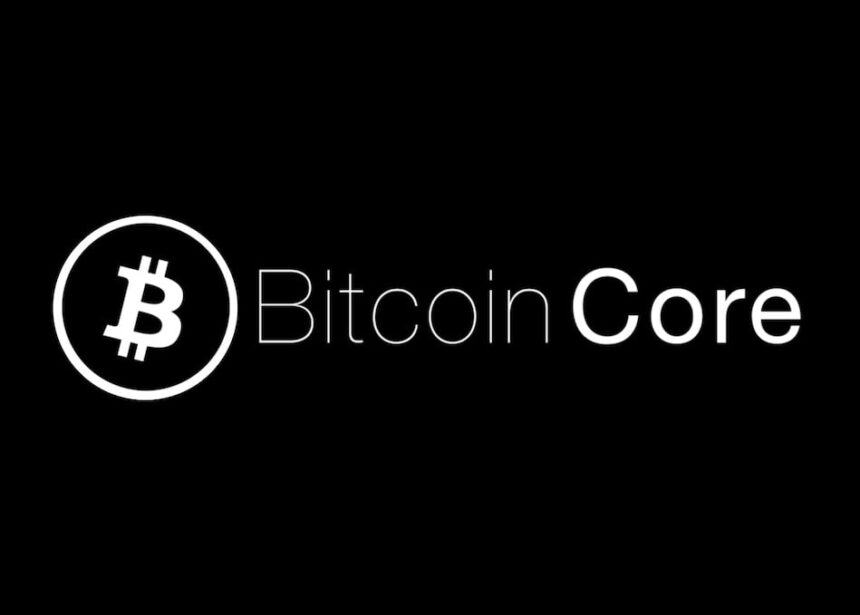Jimmy Song, a prominent Bitcoin developer and advocate, has issued a scathing critique of the forthcoming Bitcoin Core 30 upgrade, which proposes to eliminate the OP_Return limit. This change would remove the current restriction, allowing non-monetary data embedded in Bitcoin transactions to exceed the existing 80-byte limit.
Song has voiced strong concerns that the Core development team is disregarding the significant pushback from the community, including node operators and users, who have raised alarms about the potential negative implications of this modification. He contends that the contention surrounding the definition of ‘spam’ within the network serves as a distraction from the fundamental issues at hand.
“The idea that spam is difficult to define, and because of this ambiguity, we shouldn’t be making any distinctions at all in the software, is a time-wasting argument from fiat politics where you pretend not to know the obvious,” Song asserted. He further elaborated that non-monetary uses of Bitcoin should be viewed as spam. While acknowledging that there is room for debate on whether such uses are beneficial, he criticized the lack of clarity and the resulting stalling tactics that prevent meaningful discourse about the long-term ramifications of this change.
The OP_Return debate has been a contentious topic for nearly six months, drawing parallels to the historical block size wars that ultimately led to the formation of Bitcoin Cash. Observers in the community have speculated whether the ongoing controversies surrounding OP_Return might lead to another network split.
In the wake of the decision to lift the OP_Return limit, there has been a noticeable shift among node operators, with many migrating to Bitcoin Knots—an alternative client that enforces stringent data limits. The proportion of Bitcoin Knots nodes has surged from approximately 1% in early 2024 to around 20% of the overall network. This trend underscores growing concerns regarding decentralization and potential data bloat; Bitcoin’s relatively modest blockchain size has historically allowed users to run nodes with simple hardware, unlike other blockchains that necessitate costly, specialized equipment.
Proponents of strict data limits argue that maintaining low hardware requirements is crucial for preserving the network’s decentralization. Higher data demands could potentially centralize node operation, undermining the core principles of Bitcoin and raising alarms about the future resilience and accessibility of the network.







